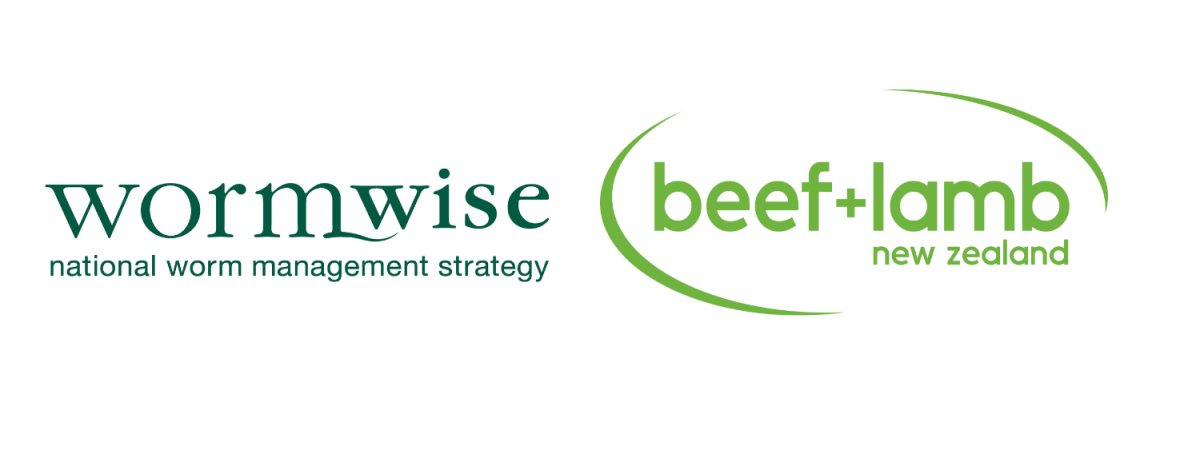Farmers are being urged to consider other options to support ewe performance over lambing following a ban on the sale and use of Bionic Capsules.


“We know farmers who stocked up on Bionics will be very disappointed by this news,” says Dr Ginny Dodunski, experienced sheep veterinarian and manager of the Beef + Lamb New Zealand-funded Wormwise programme.
“Farmers need to be aware that they cannot use these capsules even if they have already purchased them.”
In January, Wormwise flagged the unavailability of Bionics as both a threat and an opportunity to farmers who traditionally rely on them to support ewe performance over lambing. The Ministry for Primary Industries has now issued an alert banning their sale and use.
“To farm successfully when these products are withdrawn from a system involves a strong focus on improving ewe body condition and setting up the farm to feed ewes properly coming into lambing and early lactation,” says Dr Dodunski.
“Choosing genetics that are better able to deal with worm challenges can also play a part. However, this is a medium to long term project on a farm and unfortunately we are now in a situation where farms will be squeezed for time to implement some of this.”
Farmers need to consider the following:
- Body condition scoring of ewes at ram removal and again at scanning. Ewes that start the winter in body condition score less than 2.5 are twice as likely as their better conditioned flock mates to be culled, dead or missing by weaning. Identify these, draft them out and make a plan to look after them, or quit them.
- Work out your daily feed demand for the next three months – is it greater or less than the daily pasture growth rate? Typically it will be lower – where will that put you at lambing and what actions can you take to ensure there’s enough grass under ewes in those critical few weeks before lambing and into early lactation?
“There are other long-acting products available if the gap between actual and ideal is going to be too big this year,” she says.
"Get advice from an experienced sheep veterinarian on the best way forward to carefully use these on the most vulnerable proportion of the flock and then put some dates in the calendar to review how this went. Most importantly, make a more sustainable plan for lambing in 2024.
“Farmers who would like training in any aspect of feed planning, body condition management and sustainable drench use are encouraged to contact their local B+LNZ extension manager for workshops in their area.”
Learning resources that farmers can work through in their own time are: